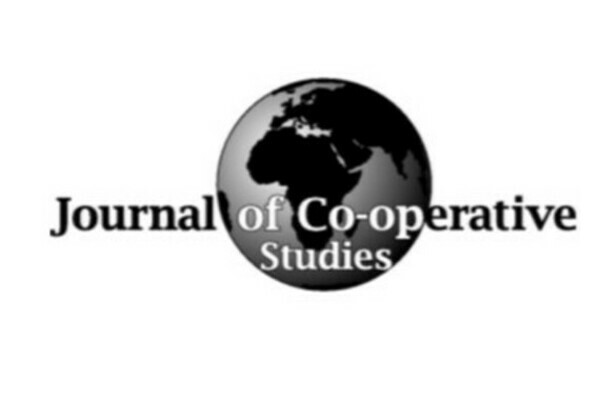Refereed articles
Challenges of a vertical coordinated agri-food business for co-operatives
Jon Hanf, pp. 5-13
Today, Raiffeisen co-operatives still play a key role in the German agri-food sector because of or despite their long history. Nevertheless, despite their present importance, questions about their future role in a changing agri-food business have to be raised. As a result of changes in the agri-food business a change within the vertical coordination can be seen, ie vertical coordinated systems have been established. Hence, the questions arise “what role can co-operatives play in such vertical coordinated chain systems” and “how can they deal with the related managerial challenges”.
Strategies and structures in the European dairy co-operative industry
Jerker Nilsson and Petri Ollida, pp. 14-23
Dairy processing seems to have substantial economies of scale. Moreover a development towards differentiated business gives advantages to large dairy processors. Given these trends, it is hypothesised that dairy co-operatives are gradually losing their raison-d’être as co-operative firms. On the basis of some prior studies, this study discusses the implications that the co-operatives’ growth have for the members. It shows that the trend towards differentiation, large scale operations and internationalisation is so strong that members have difficulties governing and financing the co-operatives. Reorganisational measures may occur among the traditionally organised dairy co-operatives.
Tillamook Co-operative, Monsanto and rBGH: Discourse, struggle and common sense
Thomas W Gray and Patrick Mooney, pp. 24-37
Historically, agricultural co-operatives have been formed — in-part — to oppose local, regional, and national monopoly/monopsony, and oligopoly/oligopsony power. With the advent of such organisational innovations as joint ventures, strategic alliances, outsourcing, mergers, and consolidations, some have questioned the continued relevancy, and ability of agricultural co-operatives to serve as countervailing agents in the market place. However when examining the rBGH controversy, re: Monsanto versus Tillamook Dairy Co-operative, Tillamook prevailed in being able to withdraw rBGH use from among its members. This action triggered similar decisions by other dairy firms. These actions were done in spite of Monsanto’s attempts to derail its removal. By detailing the rBGH history from its initial introduction to its removal from Tillamook, the paper addresses questions related to: 1) specifying the various discursive logics used to justify and oppose (countervail) the use of recombinant bovine growth hormone, in the spheres of production and consumption, 2) highlight how various classic oppositions between cooperatives and investment firms (eg organised for use versus organised for return on investment) were penetrated with this discourse, and 3) how the Tillamook/Monsanto controversy can serve as an example of the continuing relevance of agricultural co-operative organisation to countervail the power of larger organisations, while simultaneously achieving the voiced interests of independent farmers.
Building a ‘community co-operative’ at Hill Holt Wood
Kirk Frith, Gerald McElwee and Peter Somerville, pp. 38-47
This article documents the business history of Hill Holt Wood (HHW), a community-run social enterprise based in rural Lincolnshire. It argues that HHW is an example of a particular kind of co-operative, namely a ‘community co-operative’ (Somerville, 2007), and it aims to shed light on the issues and obstacles associated with developing a co-operative of this kind. To this end, face-to-face interviews were conducted with the venture’s founder over a period of approximately five years. It was found that the motivation and persistence of the founder, in addition to key support networks that can be drawn upon when required, were critical to the success of this particular enterprise. The article concludes with a discussion of the future prospects for HHW and similar ‘community co-operatives’.
Book reviews
The Spirit Level: Why More Equal Societies Almost Always Do Better. Richard Wilkinson and Kate Pickett.
Reviewed by Molly Scott Cato, pp. 50-51
Green Economics: an Introduction to Theory, Policy and Practice. By Molly Scott Cato.
Reviewed by Len Arthur, pp. 52-53
An Inclusive Community With Integrity. By Baron Thomas of Macclesfield, CBE.
Reviewed by Dr Peter Davis, pp. 54-55










